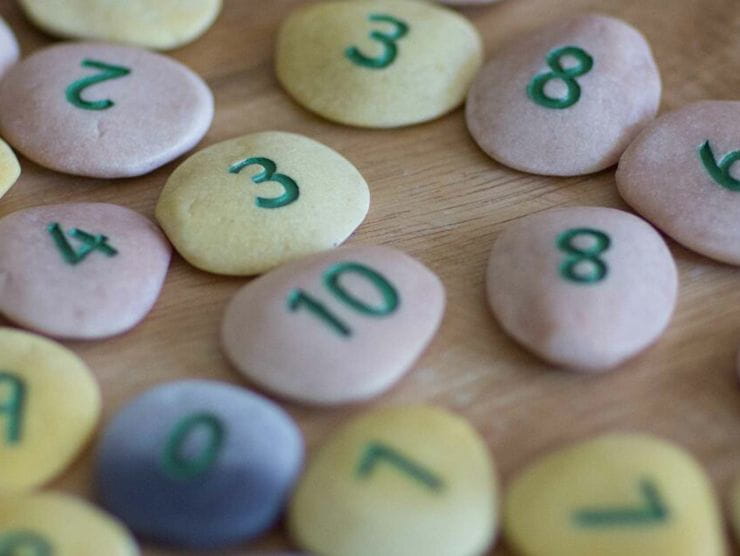A perfectly mannered child (or adult for that matter) is probably a mythical creature. Its human to make mistakes while interacting with others, and its important to use those times as teachable moments for children.
Raising caring kids who are well-mannered can be a challenging task, but there are a few basics that can help pave the way.
Everyday Tips to Teach Kids Good Manners
- Express gratitude. Teach your child the importance of thanking people for gifts and other acts of kindness. For example, encourage him to express his appreciation by saying or writing a prompt and personal thank you note for birthday gifts on special stationery or note cards. A preschooler can dictate his words to you and draw a picture or sign his name. School-age children can even send an email to thank someone.
- Make your empathy visible. Help your child understand that teasing a friend or saying unkind things will make others feel bad. Ask questions such as, "How would you feel if someone pointed at you and started to laugh?"
- Praise good behavior. Let your children know how proud you are when you "catch" them being polite. Before long, good manners will become second nature to them.
- Show your disapproval and explain why. If our expectations are appropriate and understood by children and the children don't meet them, disapproval is not only okay, it is important. When children misbehave, they need us to tell them that we expect more from them and explain what "more" is.
The National Association of Elementary School Principals offers parents these additional ideas to help raise children with good manners:
- Help your child use words, not actions. Many times, young children behave badly because they don't know how else to express themselves. Play out some of the situations with which your child is having trouble, and show her how to respond calmly and firmly with words instead of actions.
- Take turns. Children must understand that they have to wait for their turns, just like everyone else. The playground provides education in this area: establish zero tolerance for playground behavior such as pushing, crashing a line, or bullying. The same goes for interrupting.
- Share. Help your children understand the importance of sharing with others in school and in life. Encourage good behavior by complimenting them when you see them sharing with others. But also let them know that its the kind of behavior you expect.
- Provide rest and good nutrition. Children tend to behave badly when they are tired or hungry. Make sure they get enough sleep and nutritious food.
- Be honest. While "fessing up" to misbehavior is sometimes difficult and painful for children, they must understand that honesty is the best policy. When they admit doing something wrong, tell them that you would have been angrier or more disappointed if they hadn't admitted their mistake.
We all want our children to be respected and well-liked by others. Childrens' Manners Consultant, Kerry Preston, explains, "Practice, practice, practice. The best way to practice having great manners is to be nice to mom, dad, and siblings. This is when most of us are at our worst." Developing, demonstrating and teaching good manners are lifelong lessons. Be patient with your childs' developmental limits. Preschool children are just beginning to develop empathy and understanding that the world involves some pretty complicated rituals. Young school-age children are still sorting through what is rude and what is exuberant. Refinement of social skills can take years to master.
By doing the best you can most of the time and expecting the most from your children with your gentle guidance, parents will see good behavior they can be proud of.
- Here are 10 table manners rules to teach children to keep dinner time under control.
- Reading to children can have many benefits including teaching manners and good behavior. Find examples of childrens books that teach positive behaviors!
- How should children address adults? Our mom blogger discusses this tricky childrens etiquette question on our parenting blog.
- Our community parents share ideas about children and table manners.
- Growing Givers is a resource to help you find age-appropriate activities, projects, and volunteer opportunities to encourage empathy, caring, and compassion for the world and all its people.





